So, who was Dorothy Hartley (1893-1985) and why do historical novelists need her books? Miss Hartley was a highly intelligent, talented, empathetic and thoughtful country woman; she was also a writer, an historian, an artist and a teacher concerned with keeping alive the knowledge of the old ways of running a household, cooking, growing food, preserving it and much, much more. She was a well-respected expert in her subject and an unusually readable one – as thousands of readers have discovered. Her books were praised by professors as well as by critics: a Sunday Times review called Food in England as ‘Food scholarship at its best’ … even though there were no academic footnotes.
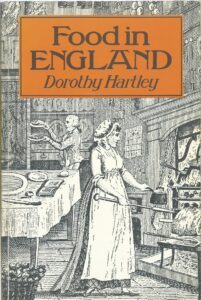
Food in England by Dorothy Hartley
Continue reading Why Historical Novelists need Dorothy Hartley’s Books
Please share this page...
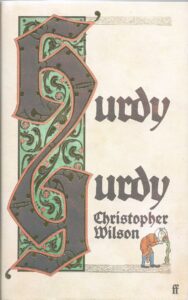
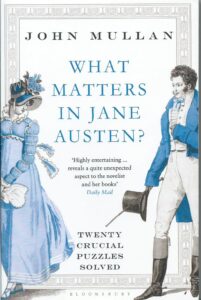
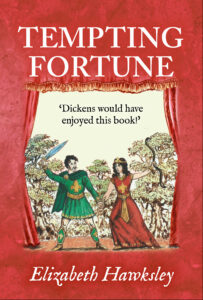


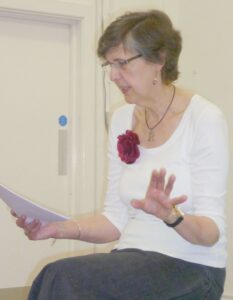
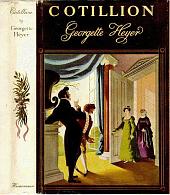
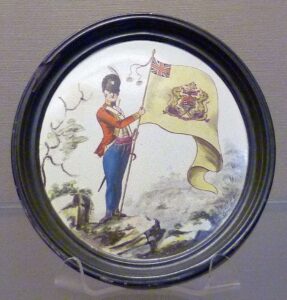 ‘British Voluntary Infantry raised 1797’, earthenware plaque, Bristol Water Lane Pottery c. 1801.
‘British Voluntary Infantry raised 1797’, earthenware plaque, Bristol Water Lane Pottery c. 1801.